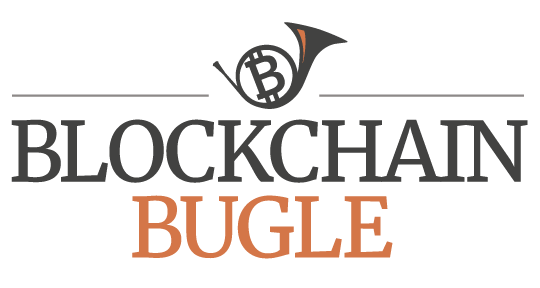Circle Bets Big on China Amid New Capital Raise

“Bitcoin bank” Circle is betting big on China. The company has announced that it raised $60 million in a new Series D funding round led by Beijing-based investment firm IDG Capital, an existing Circle investor. The company also announced the opening of its Chinese subsidiary Circle China, which had been separately funded earlier.
Participants in the new Circle funding round include global venture capital and private equity firm, Breyer Capital, General Catalyst Partners and a group of Chinese firms including; Baidu, China International Capital Corporation ALPHA, China Everbright Limited, Wanxiang and CreditEase. Individual investors include Sam Palmisano, former CEO and chairman of IBM, and Glenn Hutchins, co-founder of private equity firm Silver Lake.
Circle now has a solid network of partners in the region, notably including technology giant Baidu.
“Circle is one of the most impressive startups in the blockchain technology space,” said Peter Fang, executive director of Baidu corporate development. “Together with other influential investors, Baidu is very excited to partner with Circle team to build its vision successfully and globally.”
Circle co-founders Sean Neville and Jeremy Allaire noted that the company is building a global payments network that will soon enable users in the U.S., Europe and China to exchange value seamlessly and nearly instantly.
“Today we announced two related milestones: a $60 million strategic financing from a syndicate of major Chinese strategic investors; and the formation of Circle China, a new Beijing-based company focused on bringing the benefit of open, global, blockchain-powered social payments to Chinese consumers,” said Neville and Allaire. “We want to connect consumers using dollars, pounds, euro and renminbi the same way that the web, email and other protocols have connected consumers globally.”
Circle China was formed six months ago as an independent Chinese company focused on bringing the benefits of open, global social payments to Chinese consumers, with a multi-million-dollar seed investment from many of the strategic investors in the new Series D round. Circle emphasizes its commitment to developing a China-native company with major Chinese owners and investors in both Circle China and Circle Global and being fully compliant with the laws and regulations of the Chinese payments and banking regime.
“We’re not aiming to compete with the domestic market as that would be a suicide mission given the strength of local players like Alipay and WeChat but we can connect Chinese consumers with the euro zone and dollar markets,” Allaire told Reuters, adding that Circle China has not yet launched a product, pending a deal with a local banking partner and a legal license to operate.
“IDG is very bold on Circle’s vision of blockchain and social payment,” said Hugo Shong, founding general partner of IDG Capital. “Just like the success of Alipay and WeChat pay here in China, we have full confidence in Circle team building global products which will be enjoyed by hundreds of millions of people daily.”
According to Circle’s founders, Chinese consumers will play a much bigger role in the global economy in the coming years. Therefore the renminbi will become a much more important currency in the world. Neville and Allaire mentioned remittances sent home by Chinese students and young professionals abroad as an important application of Circle’s services.
In April, Bitcoin Magazine reported that Circle was granted an e-money license by the U.K. Financial Conduct Authority and started offering British Circle users the ability to hold GBP and make GBP payments instantly with zero fees. Now the company is announcing that it is opening Circle Euro support to consumers in Spain as the first part of a broader European-wide rollout to occur over the coming month, once some remaining regulatory obstacles have been cleared.
“‘Lighting up Euro’ on Circle’s platform is critical in our effort to enable consumers everywhere to share value and is also important to our efforts in China,” noted Neville and Allaire, adding that the company is on track to exceed a billion dollars in transaction volume on an annual basis and the global customer base has grown by 300 percent over the past 12 months.
Forbes notes that Circle currently uses the Bitcoin blockchain, as opposed to alternative or private blockchains, to settle payments. In fact, in November Allaire wrote a thoughtful analysis of the blockchain vs. bitcoin issue and explained the advantages of the Bitcoin blockchain over alternative implementations. However, Allaire noted that Circle is open to using any public blockchain as long as it has good software support, distribution among merchants and consumers, a global liquid market and enough scale to be secure, as reported by Forbes.
The post Circle Bets Big on China Amid New Capital Raise appeared first on Bitcoin Magazine.


